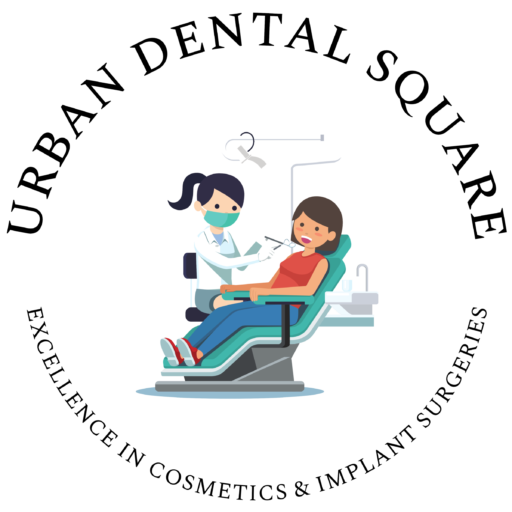What is Tooth Sensitivity?
Tooth sensitivity is a common dental problem. It causes pain or discomfort in one or more teeth. Often, this pain happens when you eat or drink something hot, cold, sweet, or sour. Sometimes, even breathing in cold air can trigger it. Many people experience tooth sensitivity at some point in their lives. However, the pain can range from mild to severe. Because of this, it can affect your daily life and eating habits.
Common Symptoms of Tooth Sensitivity
Tooth sensitivity can show up in different ways. For example, you may feel a sharp pain when you:
Sometimes, the pain is sudden and short. Other times, it may last longer. But, if you notice these signs often, it is important to talk to your dentist.
Main Causes of Tooth Sensitivity
There are several reasons why teeth become sensitive. Understanding the causes can help you find the right treatment. Some common causes include:
According to the American Dental Association, about 1 in 8 people have sensitive teeth. Therefore, it is a widespread issue.
How is Tooth Sensitivity Diagnosed?
If you have tooth pain, your dentist will first ask about your symptoms. Next, they will examine your mouth and teeth. They may use special tools to check for sensitivity. For example, they might blow air on your teeth or tap them gently. Sometimes, X-rays are needed to look for hidden problems like cavities or cracks. Because many things can cause tooth pain, a proper diagnosis is important. This helps your dentist choose the best treatment for you.
Effective Treatments for Tooth Sensitivity
There are many ways to treat sensitive teeth. The right treatment depends on the cause. Some common and effective treatments include:
According to the CDC, regular dental visits help catch problems early. Therefore, do not ignore ongoing tooth pain.
Tips for Managing and Preventing Tooth Sensitivity
There are simple steps you can take at home to manage and prevent sensitive teeth. For example:
In addition, avoid using tooth-whitening products too often, as they can increase sensitivity. If you notice new or worsening pain, see your dentist soon. Early care can prevent bigger problems later.
Conclusion
Tooth sensitivity can be bothersome, but it is often treatable. With the right care, you can enjoy your favorite foods and drinks again. If you have ongoing tooth pain or sensitivity, consult a dentist for personalized advice on managing tooth sensitivity.

